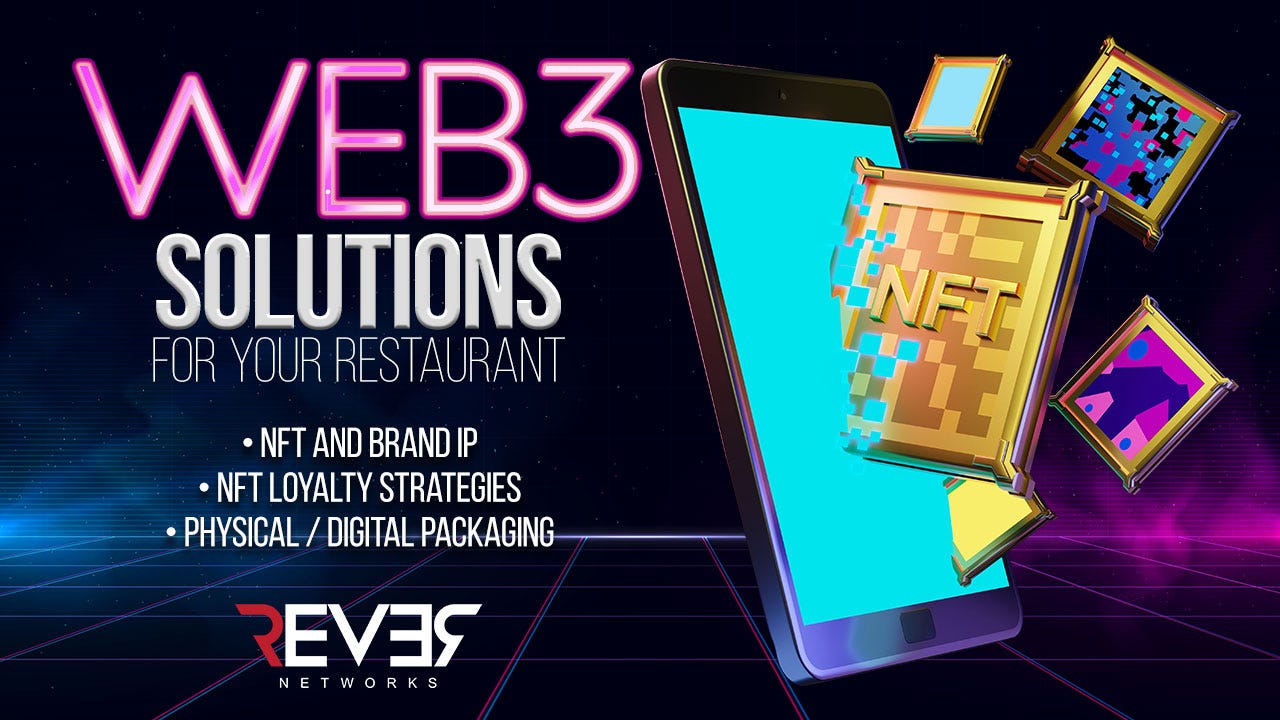Building a Tech Brand
The restaurant industry is experiencing a technological revolution, driven by the pandemic, evolving consumer expectations, and advancements in digital technology. Leading brands are enhancing their operations, improving customer experience, and driving growth through various digital strategies.
The adoption of digital technologies in restaurants has accelerated, with 80% of brands now offering digital loyalty programs and a third of chains installing self-service kiosks. However, the industry is still grappling with how to effectively implement more advanced technologies like artificial intelligence (AI) and automation.
One key area of focus is the back-of-house operations, where AI and automation can potentially improve efficiency, reduce labor costs, and streamline order management. Yum Brands, for example, is developing a "super app" that aims to enhance restaurant management, order sequencing, and inventory control across its multiple brands.
While there's excitement about the potential of AI in customer-facing roles, such as AI-driven drive-thrus, the technology is not yet mature enough for widespread adoption. McDonald's recent decision to end its AI drive-thru test with IBM highlights the challenges in achieving the necessary accuracy levels for seamless customer interactions.
The future of restaurant technology may lie in personalization, with AI potentially offering tailored menu recommendations based on dietary restrictions, preferences, and even health goals. However, this level of personalization raises questions about data privacy and the appropriate use of customer information.
As the industry continues to evolve, restaurants must balance the adoption of new technologies with maintaining the human touch that is central to hospitality. The goal is to use technology to enhance, rather than replace, the dining experience, while also improving operational efficiency and profitability.




